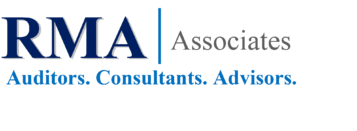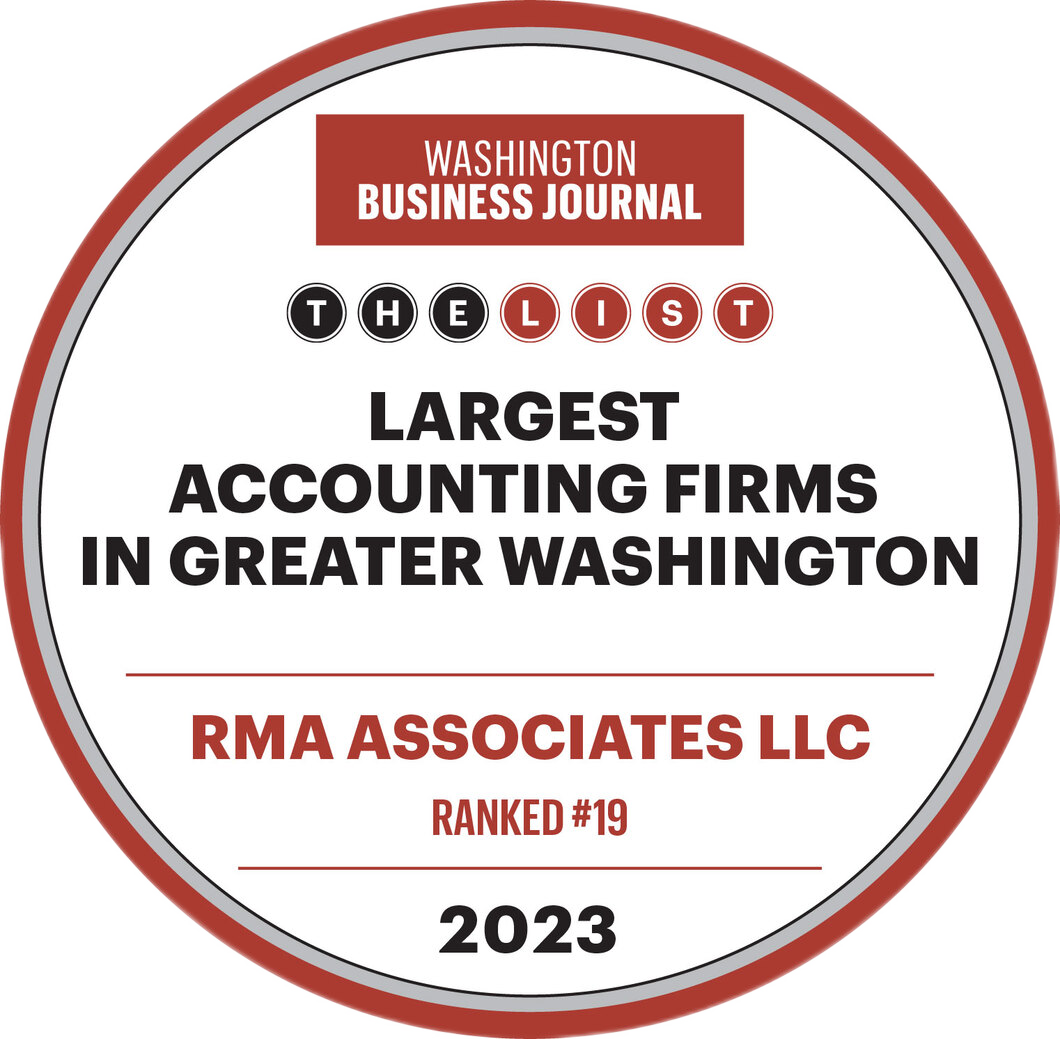BY
Disclaimer: I am not an expert on blockchain nor do I claim any proficiency in ‘technology’ in general. I am a simply a CPA, who like most, hopes technology will solve some of the world’s biggest problems – like how do I get a haircut or an oil change during tax season when I’m working upwards of 1,000 hours per week?
This article is intended for those who are proficient in blockchain and can make a difference in the future. If you could solve some of these problems then that would be a big help – thank you in advance.
1) Connect Literally Everything
In the last decade it’s been easier than ever to connect literally everything.
- You can connect your phone to your car.
- Connect your email to your calendar.
- Connect your phone to a dodgy camera so you can check in on your pets
With bookkeeping and accounting it’s no different. It’s easier than ever to connect your bank account to your accounting software and update your books and records in real-time. If used properly, these accounting softwares can significantly cut down on data entry cost and make financial reporting more accurate.
So how can blockchain make this even easier? For starters, connecting client’s financial records to tax preparation software can significantly reduce the cost of regulatory compliance. Imagine closing your client’s books and having payroll taxes, 1099s, corporate and individual tax returns completed instantaneously.
Imagine not having to confirm individual transactions for an audit but simply verifying the information on an immutable ledger. Think about the time you would save!
2) Eliminate Paper Checks
There is nothing more infuriating then having to pay bills using checks – it’s equivalent to sending a fax when you have email or a secure portal. The number one reason why business owners still use checks is because of high transaction costs otherwise.
To avoid having to pay credit card processing fees vendors chose to only accept cash or checks. Surprisingly, this is still a major form of business to business transactions.
If blockchain technology was able to significantly reduce transaction costs then it would make it easier for businesses to transact with one another. The elimination of internal controls relating to check receipts alone would makeup for the transaction costs. Using blockchain would not only reduce transaction costs but also reduce the possibility of fraud and errors made my banks when processing the checks (which does happen).
3) Free Up CPAs To Advise Their Clients
CPAs are often swamped with work – most of which is administrative and compliance related. Blockchain technology increases efficiencies for public accounting firms and frees up a substantial amount of time to focus on advising clients.
Imagine if we still lived in a world where we had to prepare tax returns by hand? In the time it took to reconcile one month of bank reconciliations future CPAs will be able to prepare an entire corporate tax return.
So what do you do with all that free time? Advise clients on proactive ways to reduce their tax liability and increase the bottom line of their business. Compliance work is combative work – clients need to get the work done and want to pay the least amount as possible. There is no ROI in preparing payroll tax returns but there is an ROI in properly structuring officer compensation packages to both stay competitive in the industry and reduce the company’s tax liability.
‘Big 4’ Firms Testing Out Blockchain
The Big 4 accounting firms are investing millions in learning, testing, and implementing blockchain technology. If the Big 4 see the potential in this technology then so should the rest of the industry.
The biggest advice for young CPAs looking to be future leaders in the industry is to learn blockchain, and learn it fast.
Article via TheDailyCPA.com




No responses yet